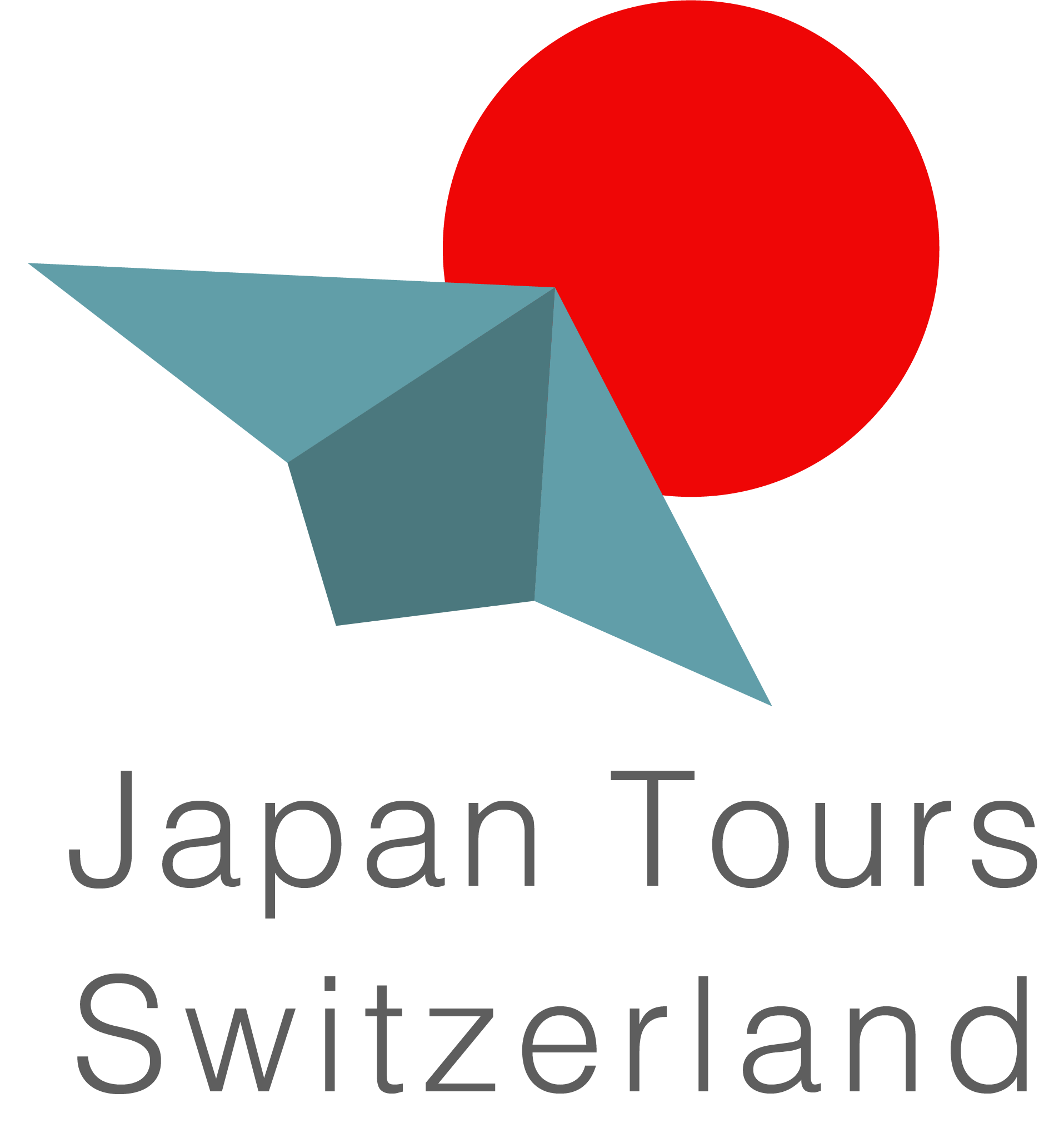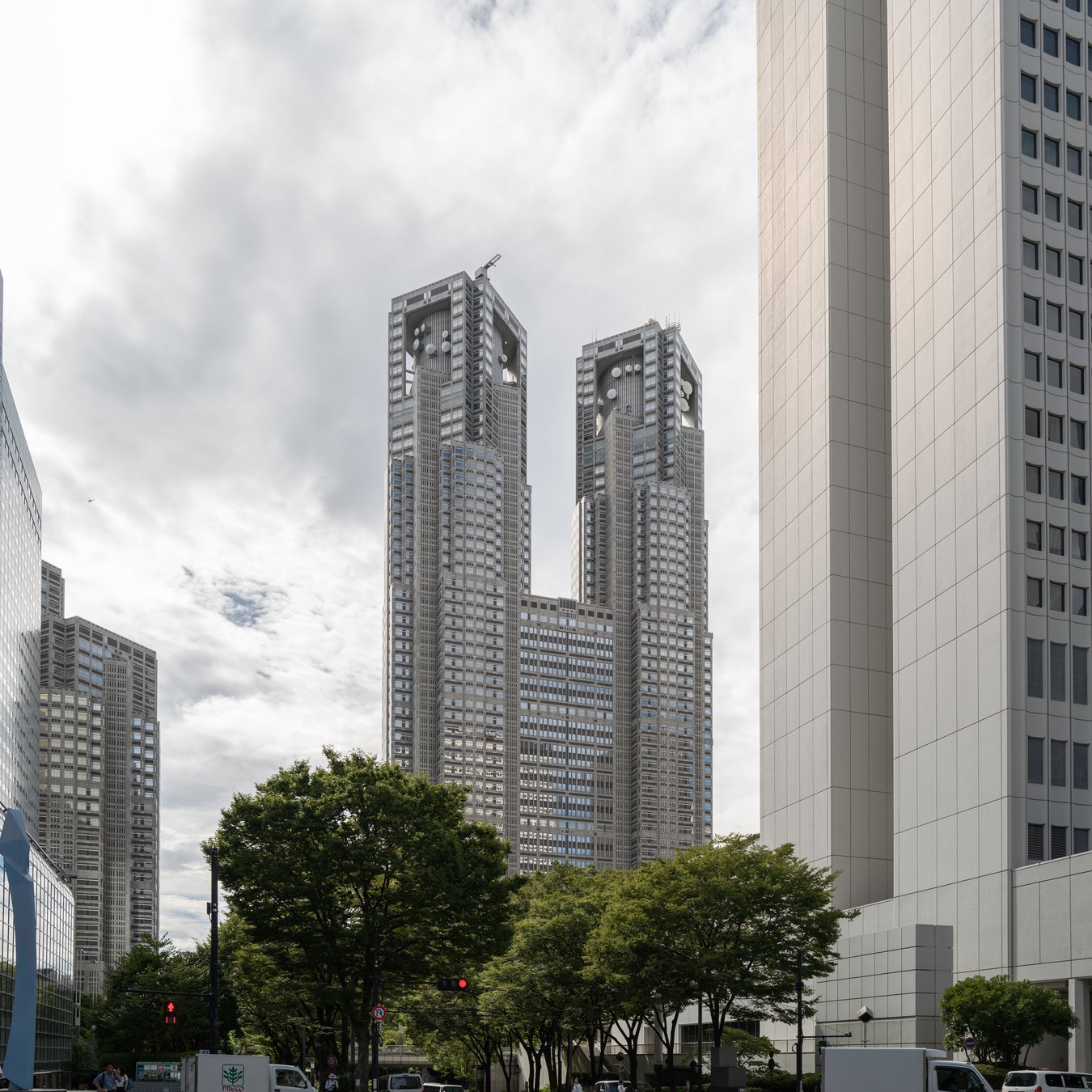Architectural Highlights of Tochō
The Tokyo Metropolitan Government Building, also known as Tochō, is a masterpiece by architect Kenzō Tange. Designed in 1991, it represents the culmination of Tange’s late career, blending tradition and modernity.
A Symbol of Tokyo’s Skyline
Comprising three interconnected structures, Tochō is a modern icon. Its main structure, Building No. 1, stands at 48 floors and was Tokyo’s tallest building at the time. The facade features intricate geometric patterns in light and dark granite.
Design and Philosophy
Tange infused the building with traditional Japanese design elements, including geometric patterns reminiscent of historical houses. The twin towers evoke Gothic cathedrals, while the technological motifs reflect Japan’s economic growth.
Urban Transformation
Tochō played a pivotal role in Shinjuku’s regeneration, transforming it into a modern financial hub. Once associated with Yakuza activity, the area is now a bustling economic center.
The Cycle of Renewal
Influenced by Buddhist teachings, Tange viewed architecture as a means of regeneration. The demolition of his earlier government building and the creation of Tochō exemplifies his philosophy of renewal and continuity.
Architectural Features
Beyond Building No. 1, the complex includes Building No. 2, with three interconnected towers, and the semicircular Assembly Building, dedicated to council meetings. Together, they embody functionality and aesthetic harmony.



